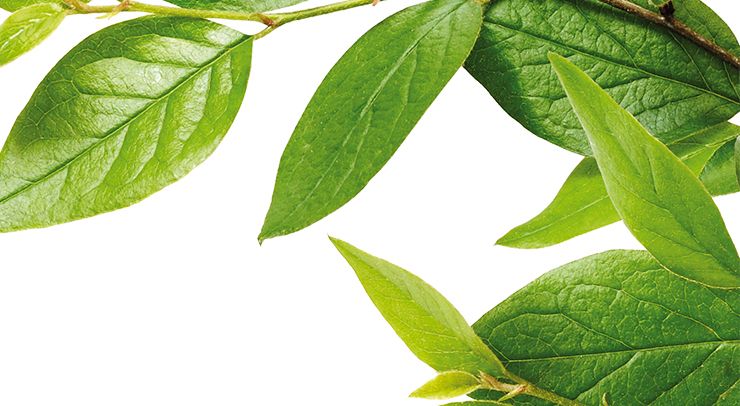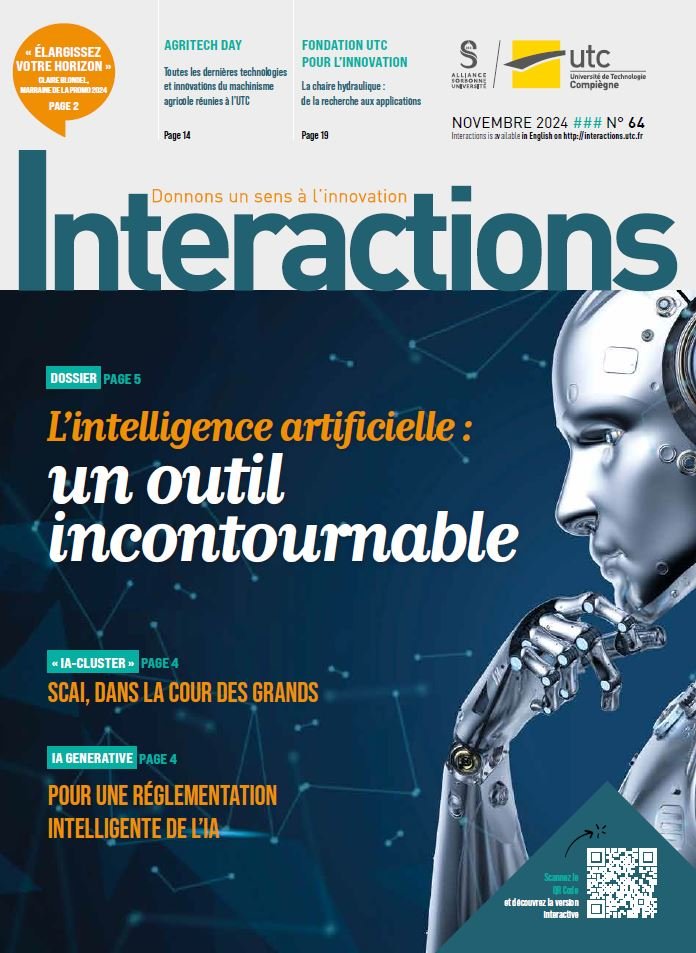From plants to bio-packaging, UTC research scientists are manoeuvring

Adrian Troncoso-Ponce is a specialist in plant biology. He arrived at the UTC in 2017 and conducts research in agro-resources in the area of the Innovation Food Agroresources sector. Work on packaging with students who are increasingly aware of current sustainable development issues.
Adrian Troncoso-Ponce is a lecturer and research scientist in Enzyme and Cellular Engineering (UTC-GEC). He came to UTC in 2017 to take up the Chair of Excellence in the Study and Valorisation of Plant Metabolism, the aim of which is to use plant metabolism to serve industry and economic development.
An expert in plant biology, he soon became very interested in the biology of plastics. “Indeed for me it is a critical subject. The best use of natural resources is a fundamental question for the future. This is called green chemistry. How can we make better use of these resources while at the same time preserving the planet?” asks the Spanish-born researcher, who has since been working with several national and international teams from academic networks including INRA, the University of Nevada in Reno, Macquarie University in Sydney and the Spanish Higher Council for Scientific Research.
Adrian’s teaching module brings together forty students from UTC. ten hours a week around four themes: bio-economy, bio-energy, bio-materials and bio-polymers.
No lectures, only debate and concrete action
“This course on agro-resources develops an updated, multidisciplinary vision of the valorisation and optimisation of natural resources. It describes various aspects related to the bio-economy and the main biotechnology sectors associated with the profitability of biomass. The course begins with a general description of the current influence of the bio-economy and the circular economy in today’s society and continues with the description of specific examples such as the production of bio-plastics and the use of bio-packaging, bio-energy sources and other aspects related to the sustainable use of biomass, in an environment friendly way” sums up the teacher-researcher, who is in favour of flexible lessons.
Indeed, there are no lectures. There is a time for the presentation of the subject and another one just as important for the debate between them on the theme in question with the moderation of the professor. Students must prepare their work from one week to the next on the basis of the elements provided by the lecturer: publications, materials, European documents. “The students are fantastic. At UTC, they are all excellent with whom we switch from French to English or Spanish very easily. They ask questions, have ideas, make relevant criticisms and comments. For me, this is essential. It is essential not to believe everything that is said. I want every student to develop a critical mentality,” says Adrian Troncoso-Ponce.
A trendy specialisation
Understanding plant metabolism is a major societal issue today. The UTC with the UPJV Amiens, is, at the heart of the academic research developed on this theme in the region and can rely on the Industries and Agroresources cluster to interact with the socio-economic world. This specialisation represents real growth opportunities for regional players in the years to come and an opportunity to create jobs.
The skills developed in biotechnologies in the UTC laboratories, inspired by living organisms, give biological functions an industrial application. “We are part of this sector, which serves the valorisation of agro-resources. But let us be cautious, plants are not the answer to everything”, concludes Adrian Troncoso-Ponce. “They will only be part of the solution to replace polluting materials. We mustn’t create frustration or fall into science fiction”.




